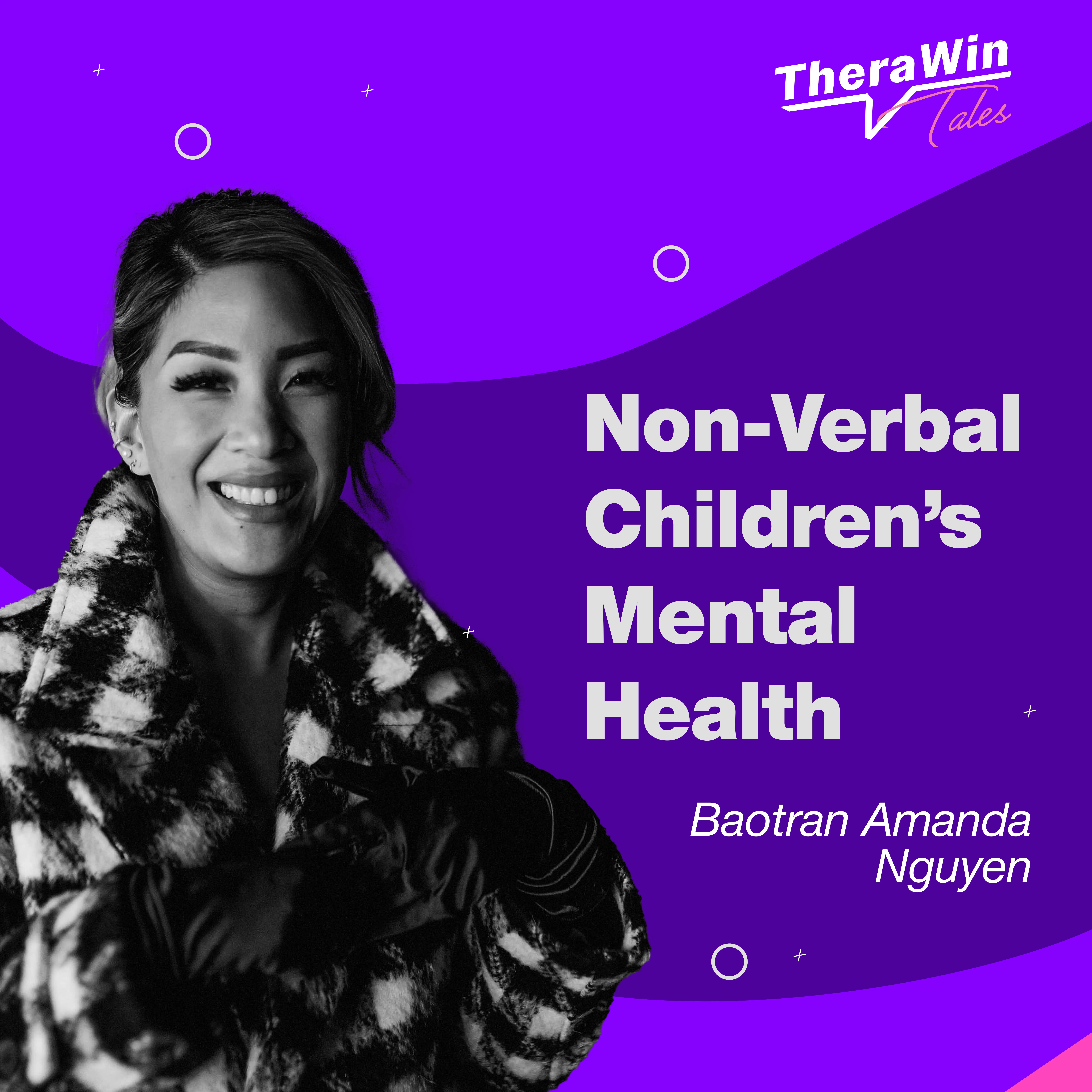Have you ever excitedly made plans, only to find yourself dreading them as the day approaches? Maybe you even canceled at the last minute, promising yourself it was for "self-care" or "mental health." If so, you’re not alone.
Welcome to Cancellation Culture, a growing phenomenon where bailing on social plans has become the norm. Some say it’s a win for mental health, while others worry it's feeding a loneliness epidemic.
So, what’s the real impact? Let’s dive in.
Why Are More People Canceling Plans?
The past few years have drastically reshaped social behavior. While occasional cancellations are normal, studies suggest that frequent last-minute plan-bailing is on the rise. A 2023 study by the American Psychological Association (APA)found that nearly 60% of Americans admitted to canceling social plans at least once a month, often citing stress or anxiety. But what's really behind this trend?
1. Social Exhaustion & Post-Pandemic Anxiety
Many of us got used to smaller social circles during lockdowns. Now, the idea of large gatherings can feel overwhelming. A 2024 study in the Journal of Social Psychology found that 41% of adults report higher levels of social anxiety post-pandemic.
2. The Digital Convenience Effect
Why meet up when you can just text? Digital interactions have replaced a lot of in-person socializing, making it easier to back out without guilt.
3. Self-Care or Avoidance?
We’ve been told over and over to "prioritize self-care"—which is great! But are we using it as an excuse to dodge social discomfort? Research suggests that avoiding social interactions can actually increase anxiety over time.
4. FOMO Has Been Replaced by JOMO
Remember FOMO (Fear of Missing Out)? Now, we’re embracing JOMO (Joy of Missing Out). But is too much JOMO leading to loneliness? A 2024 Harvard study found that loneliness levels in adults under 40 have surged by 26% in the past five years.
The Mental Health Consequences of Frequent Cancellations
Sure, skipping plans can feel like a relief in the moment. But what happens when it becomes a habit?
1. Increased Loneliness
Social interactions—however small—are essential for mental well-being. Studies show that lack of in-person interactions can increase depression risk by 30%.
2. Strained Relationships
When you frequently cancel, friends may start feeling unimportant. Over time, this can erode trust and lead to fewer invitations altogether.
3. Lower Self-Esteem & Confidence
Skipping social plans might feel comfortable now, but avoiding situations that cause mild discomfort can make social anxiety worse. Psychologists call this "Avoidance Coping," a behavior linked to higher anxiety levels over time.
Finding a Healthy Balance: When to Cancel & When to Show Up
So, how do we protect our mental health without isolating ourselves?
Be Honest With Yourself: Are you canceling because you truly need rest, or because you’re avoiding something uncomfortable?
Communicate Openly: If you need to cancel, let your friends know why. Honesty builds trust and prevents misunderstandings.
Set Realistic Social Goals: Instead of making last-minute plans and canceling, commit to one or two social activities per week that feel manageable.
Opt for Low-Energy Socializing: Not all plans have to be high-energy! Suggest a casual coffee hangout, a walk, or a short meet-up instead.
Challenge Yourself: Sometimes, pushing through the discomfort leads to the best experiences. If you feel hesitant, remind yourself why you made the plans in the first place.
The Fine Line Between Self-Care and Social Withdrawal
Taking care of your mental health should be a priority. But when self-care turns into consistent plan-canceling, it might be time to reassess. True well-being isn’t just about alone time—it’s about balance.
So, the next time you’re about to send that "Hey, sorry, I can’t make it tonight" text, take a second to ask yourself: Is this really self-care, or am I reinforcing isolation? Sometimes, showing up is the best thing you can do for your mental health.
What do you think? Do you struggle with cancellation culture, or have you found a healthy balance? Drop a comment below!











